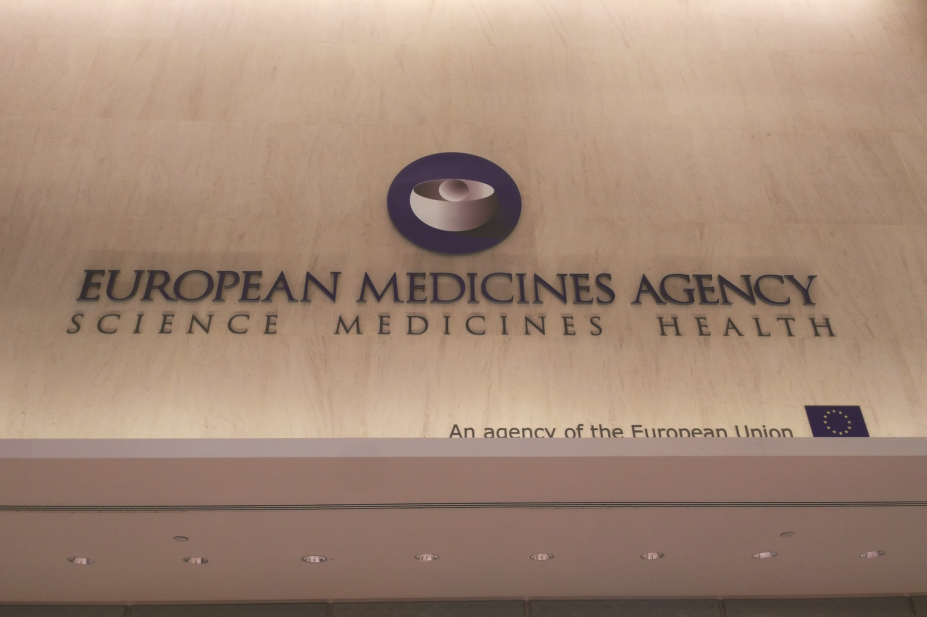
Shutterstock.com
The number of centrally authorised medicines (CAPs) that could have had their supply disrupted after Brexit has fallen from 108 to 39, according to the European Medicines Agency (EMA).
When the UK leaves the EU in March 2019, some marketing authorisation holders will have to move processes from the UK to EU or European Economic Area (EEA) countries to ensure their authorisation remains valid.
But a survey conducted by the EMA in January 2018 highlighted that changes for 108 (16%) of the 694 affected medicinal products were at risk of not being submitted on time.
To address this, the EMA met with each of the market authorisation holders of the 108 medicines and said that reassurance on the planning was received for a significant proportion of these medicines.
“Over the past few months, EMA has made a concerted effort to reach out to the marketing authorisation holders of these 108 centrally authorised medicines to minimise the risk of supply issues for patients,” said Noël Wathion, deputy executive director for the EMA.
“This is a positive development for human and animal health and, as regards the remaining 39 medicines, we want to take this opportunity to remind the marketing authorisation holders of these medicines to step up their planning now to protect patients and animals from non-supply.”
For the 39 products, the EMA said it was analysing how to minimise supply disruptions and any resulting impact on public and animal health, and would also discuss relevant mitigation measures with its scientific committees, including recommendations on possible therapeutic alternatives to which patients could be switched if necessary.
You may also be interested in

Government advises chief pharmacists to coordinate aid between trusts amid radioisotope shortage

Mandatory ‘eight-week buffer stock’ requirement not met by medicine suppliers, reveals audit
